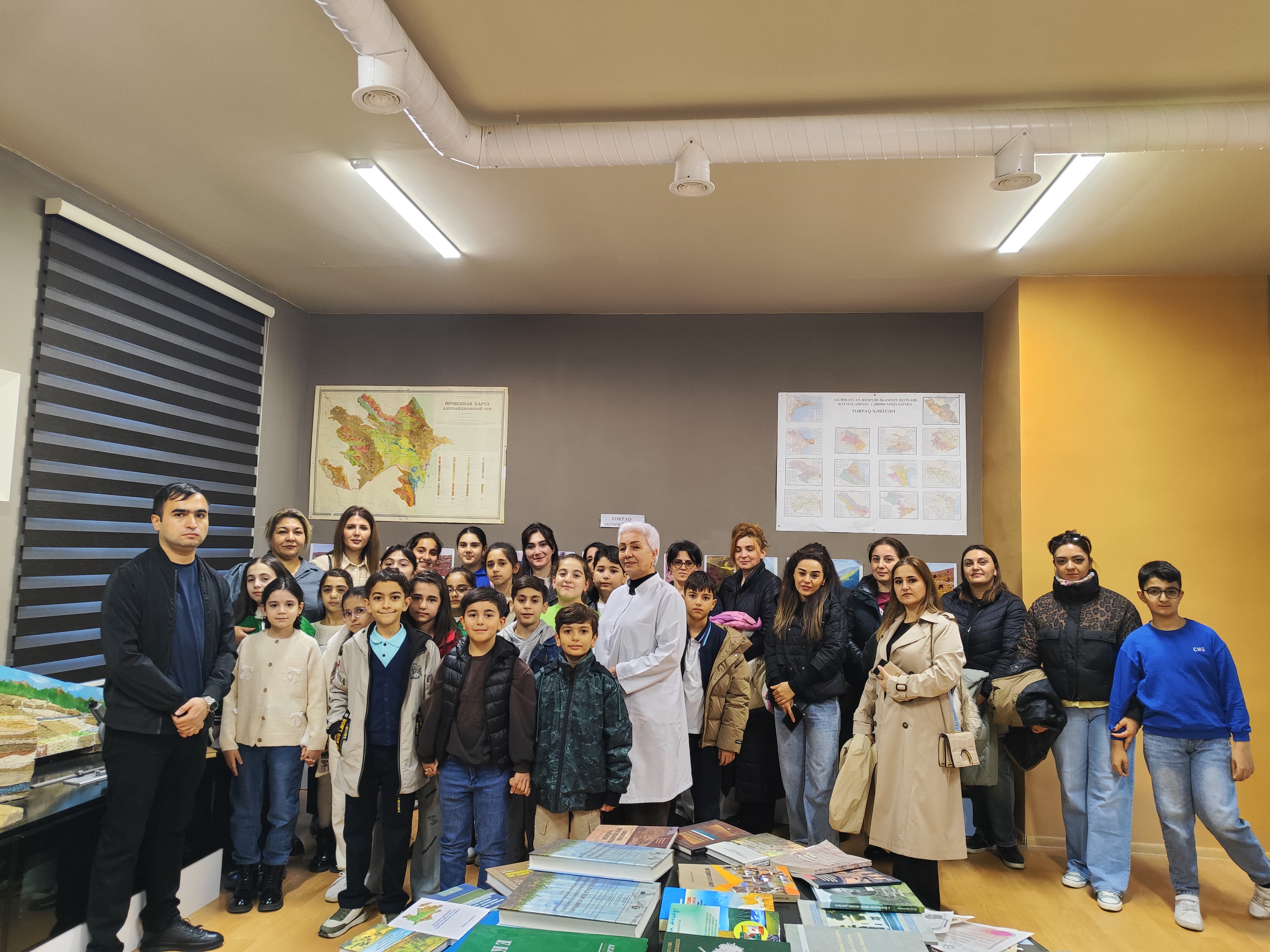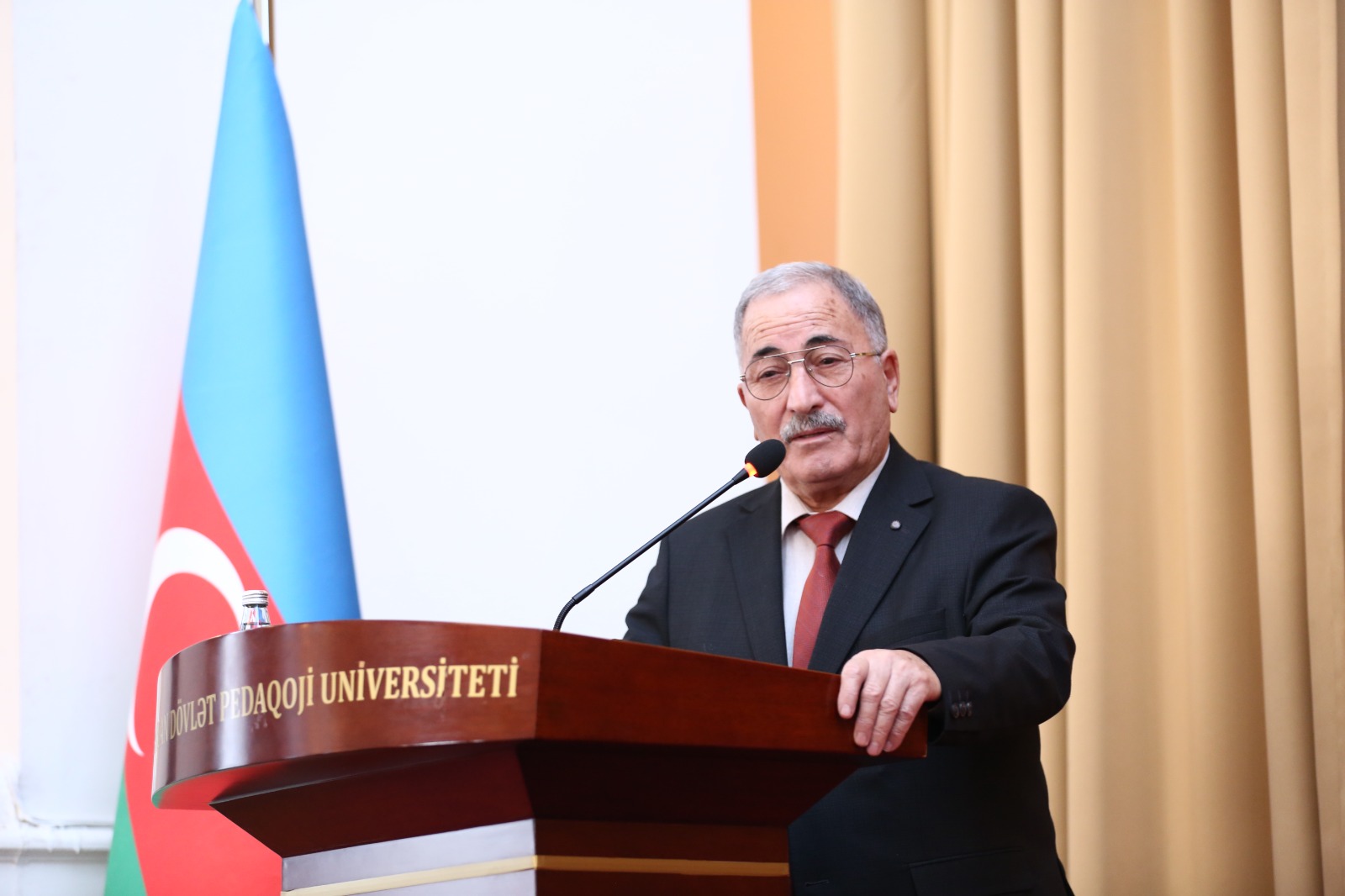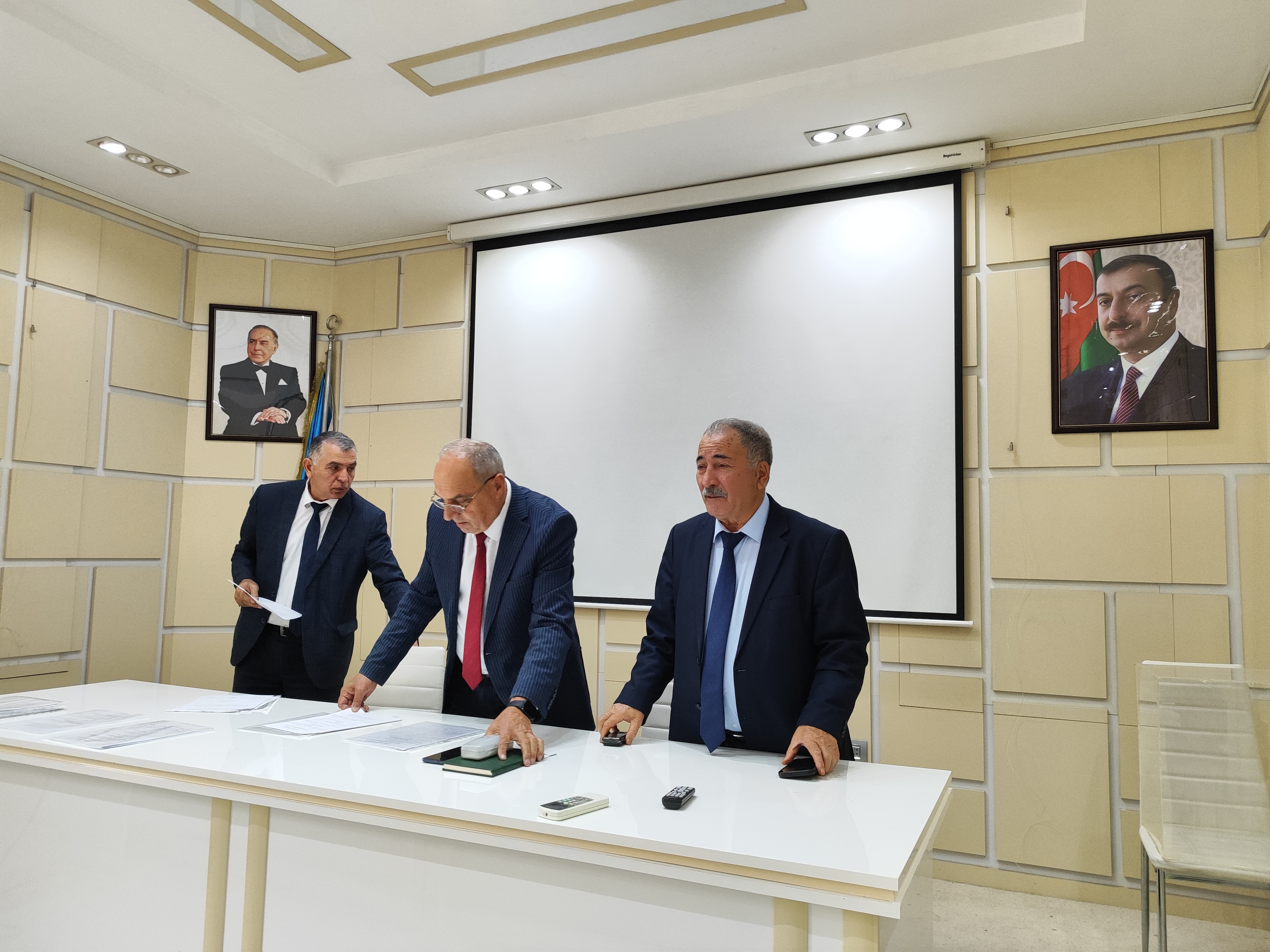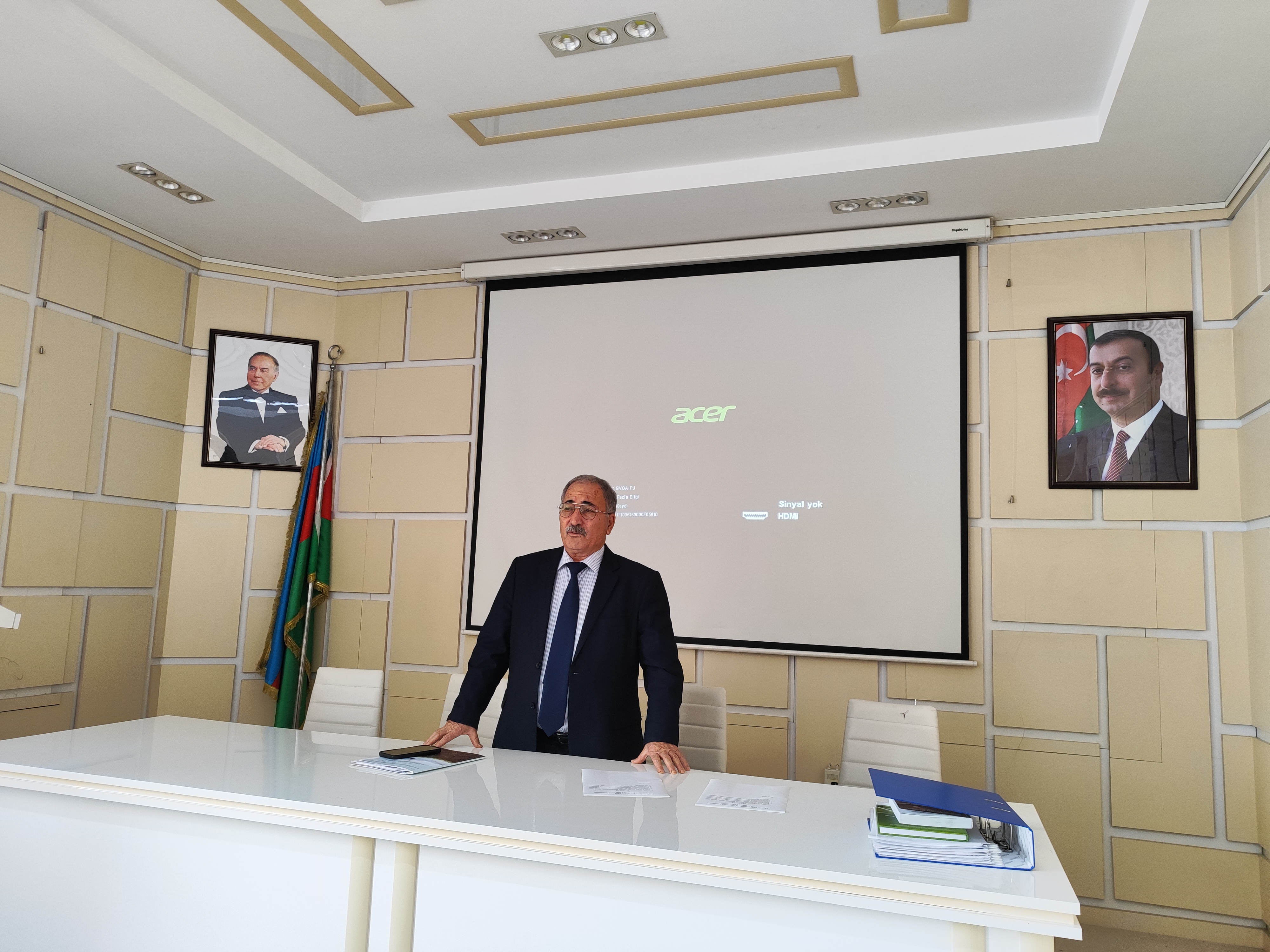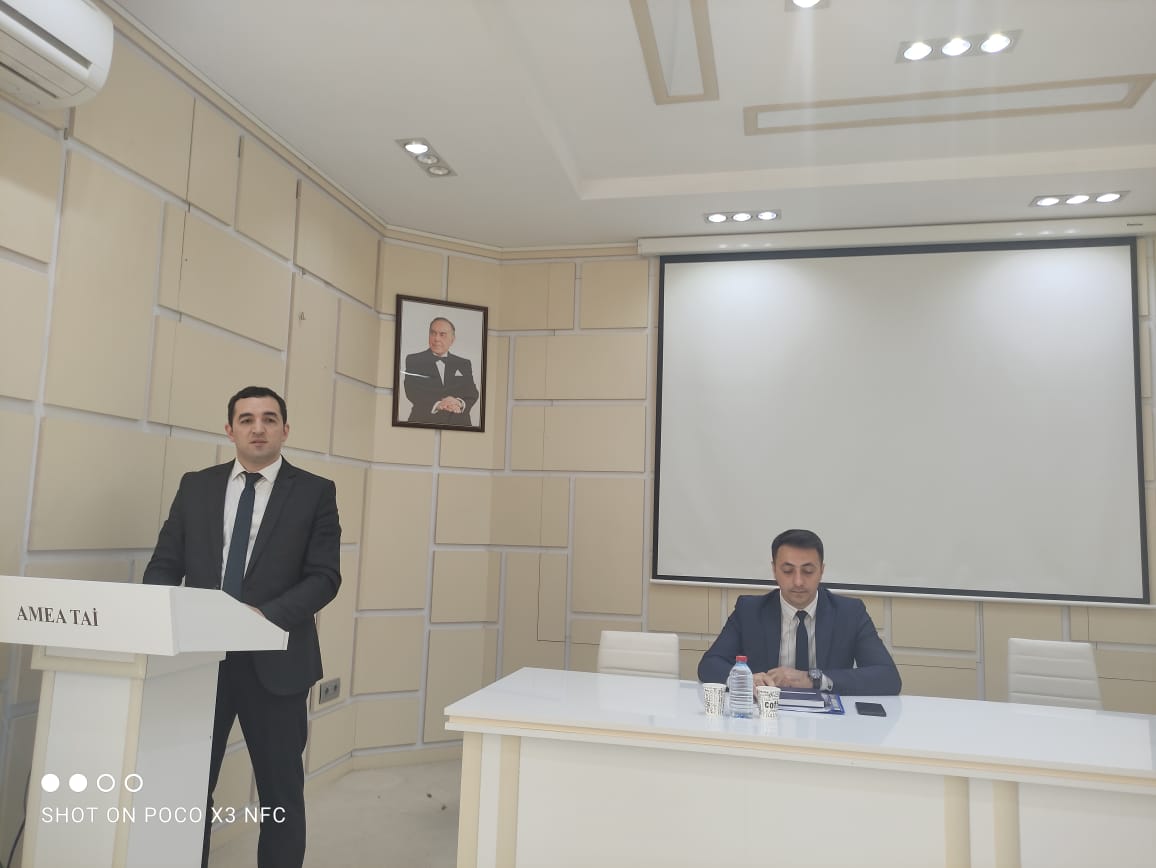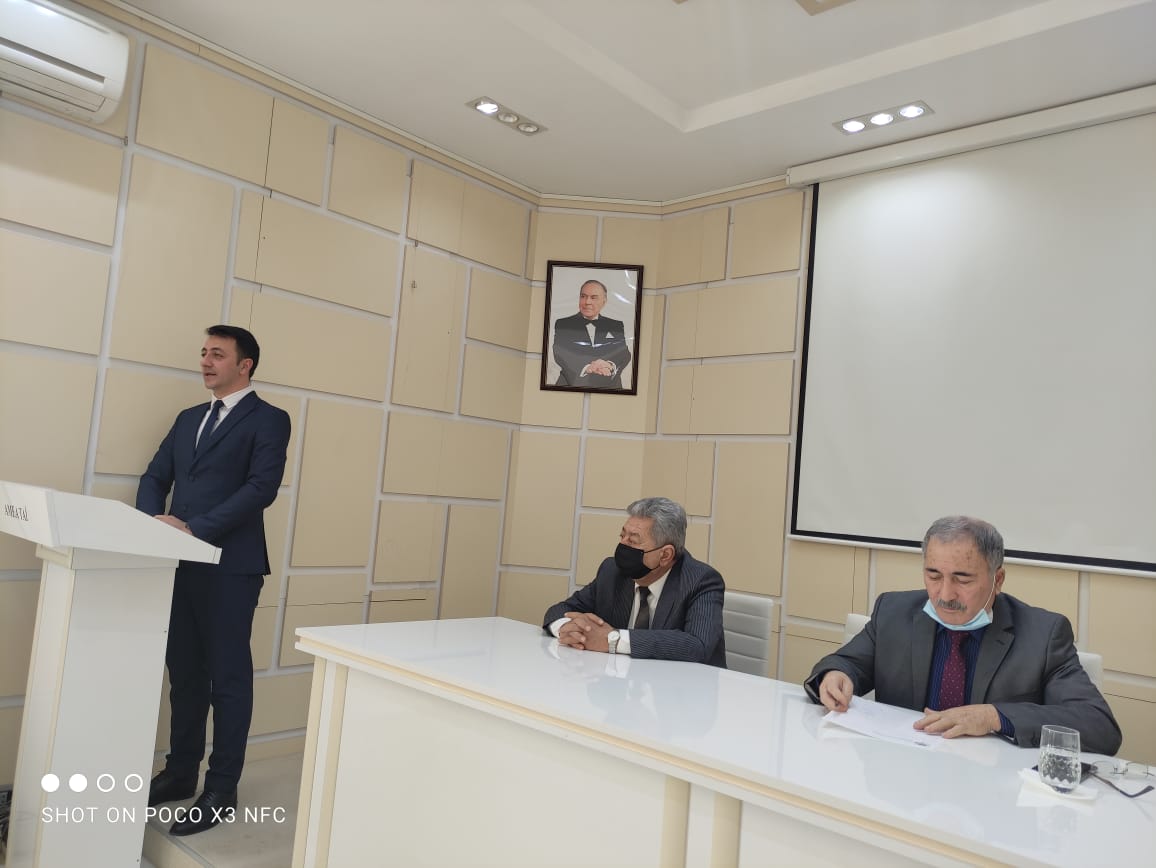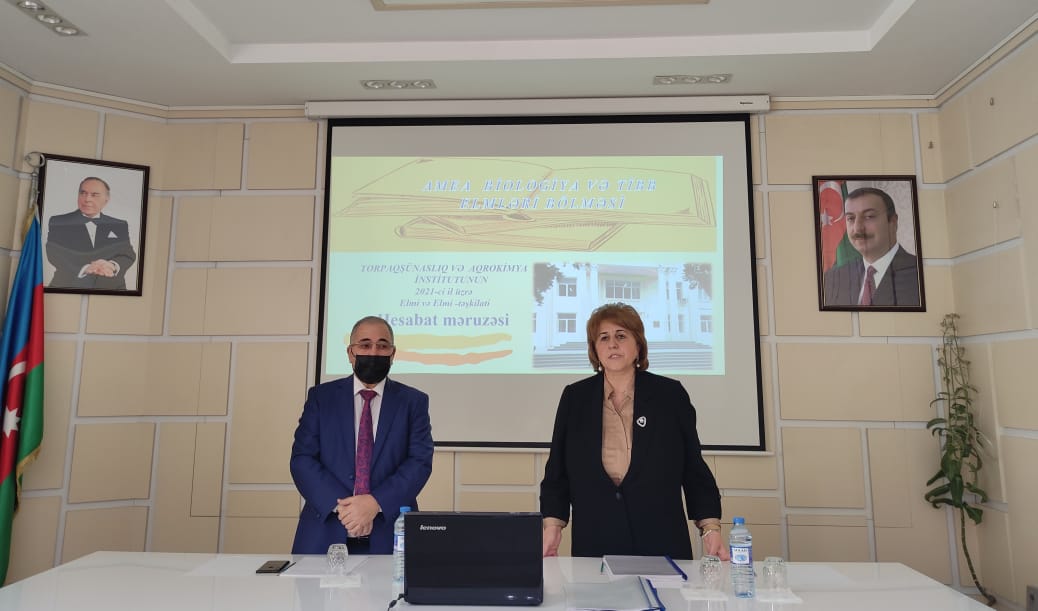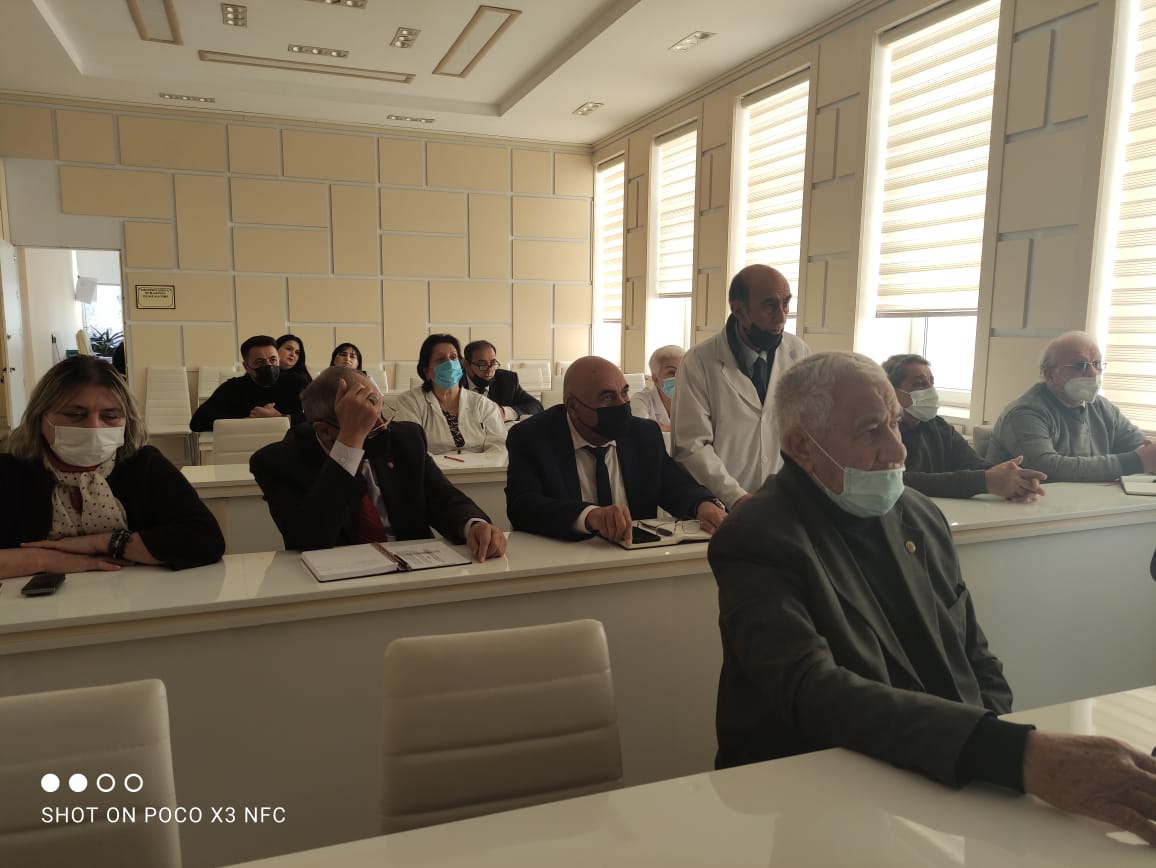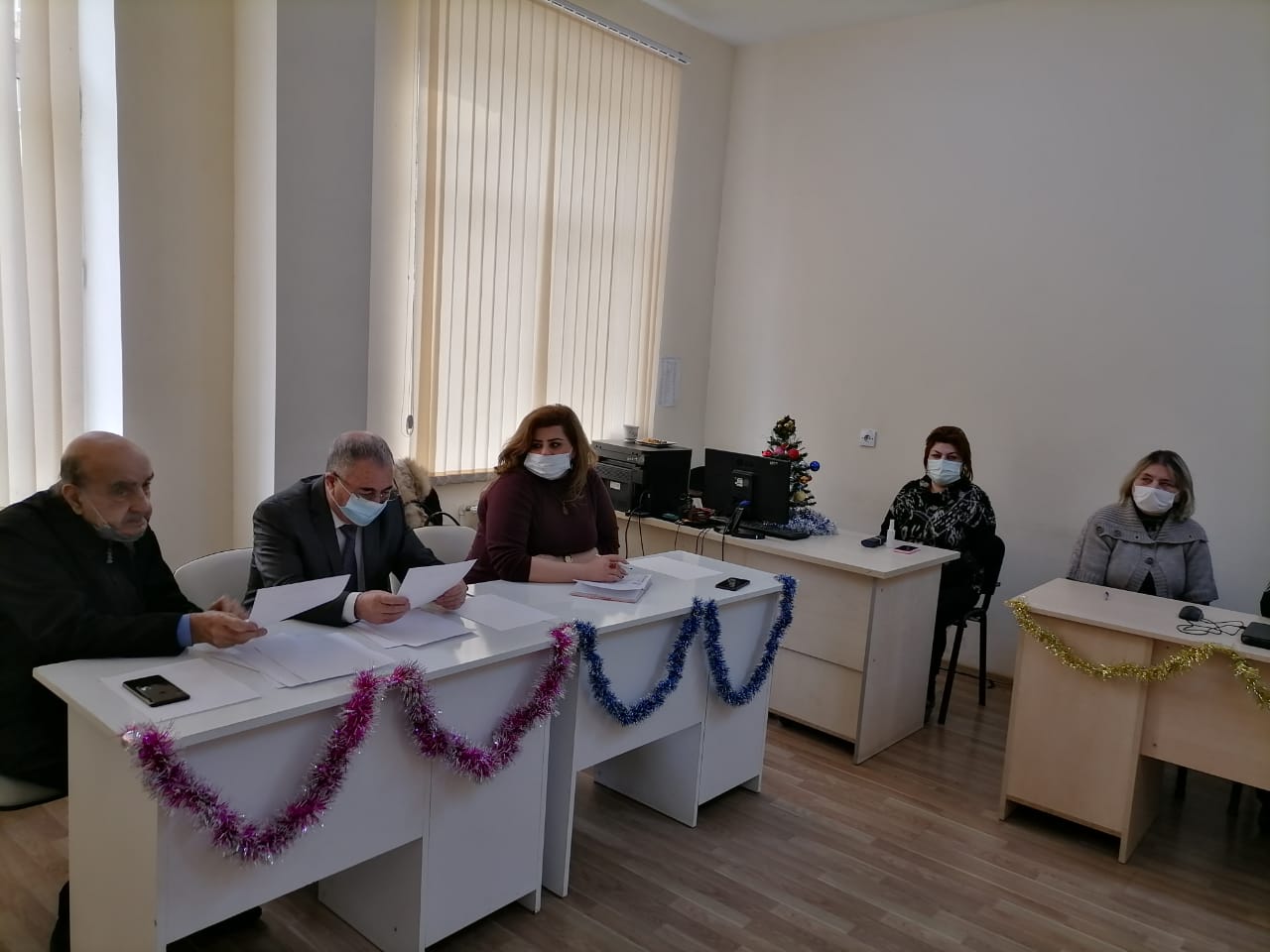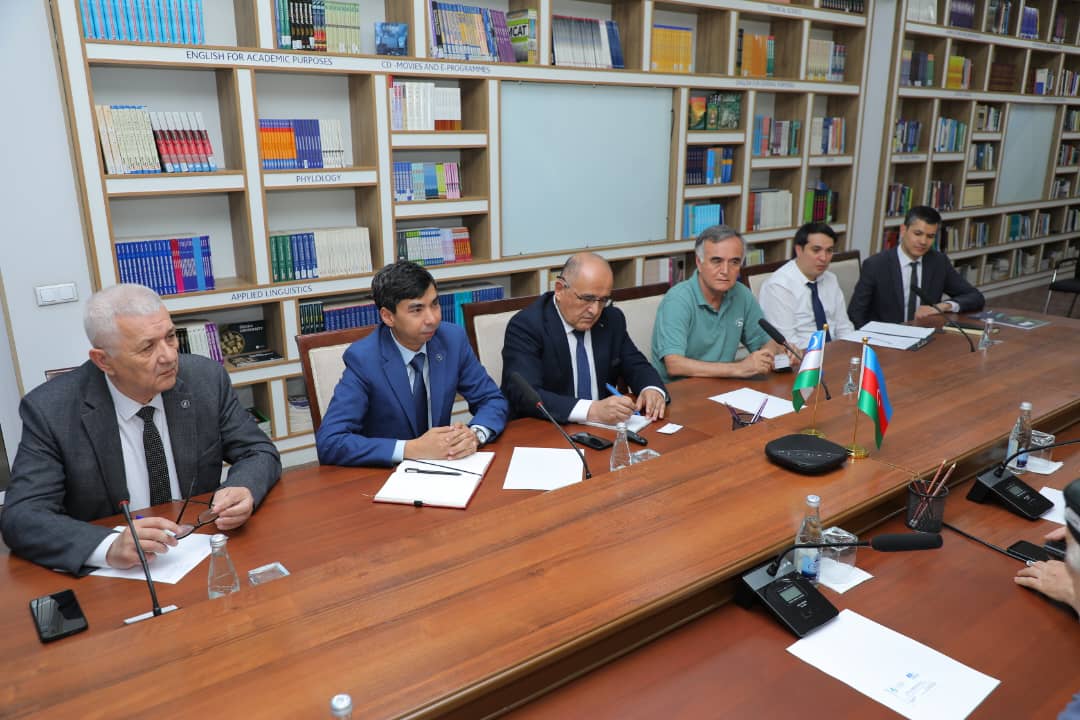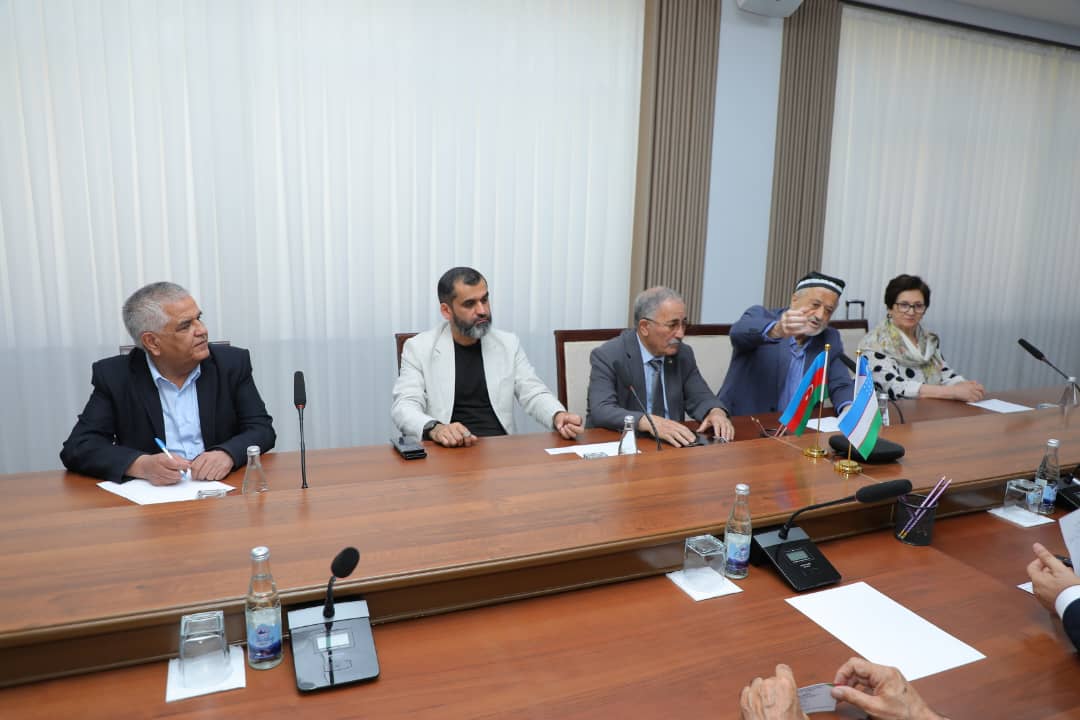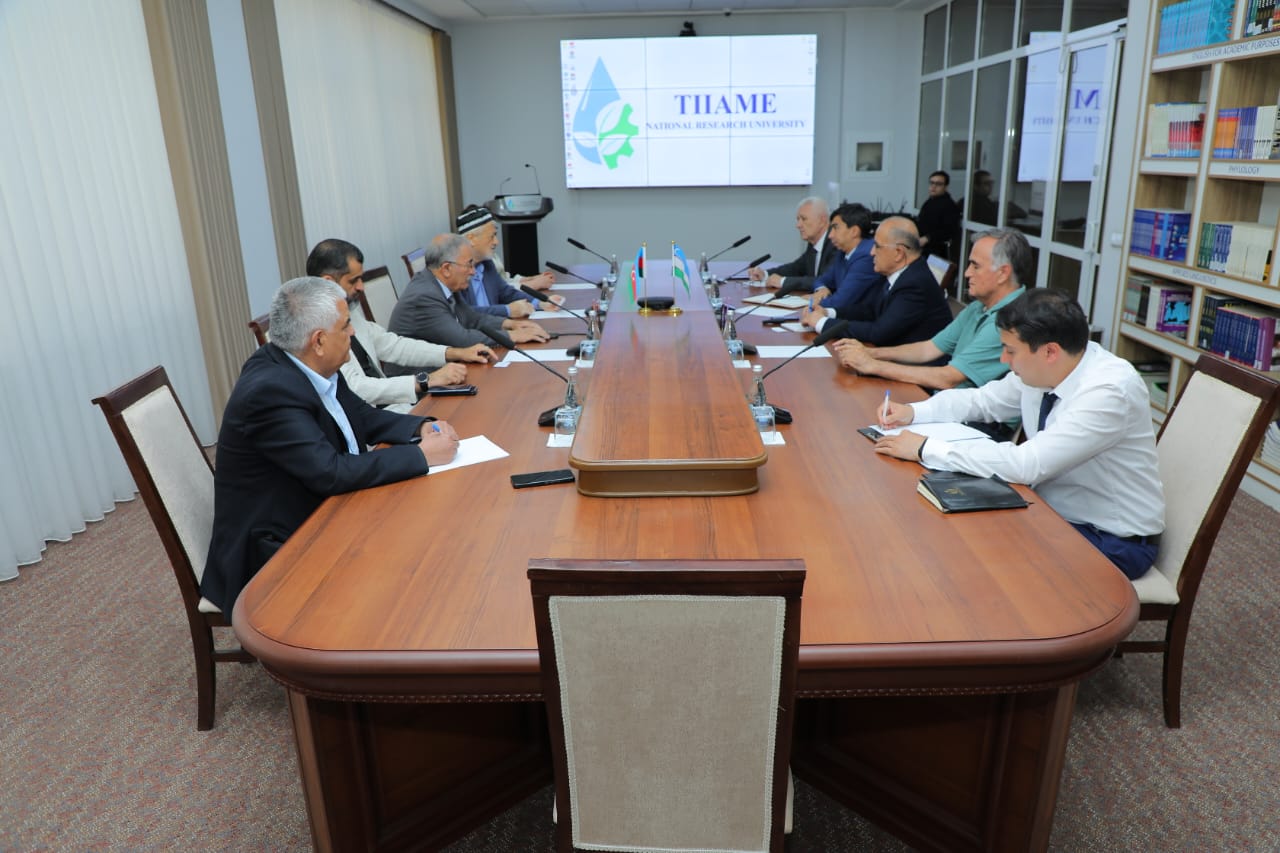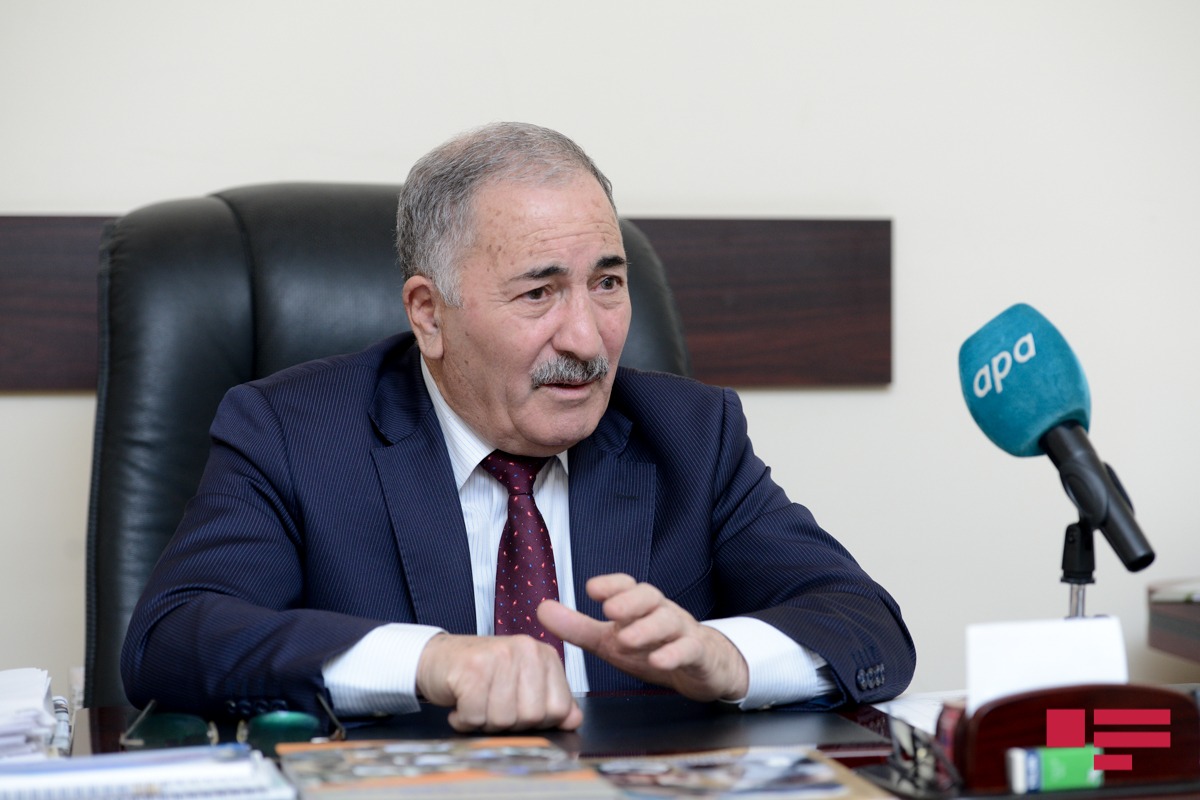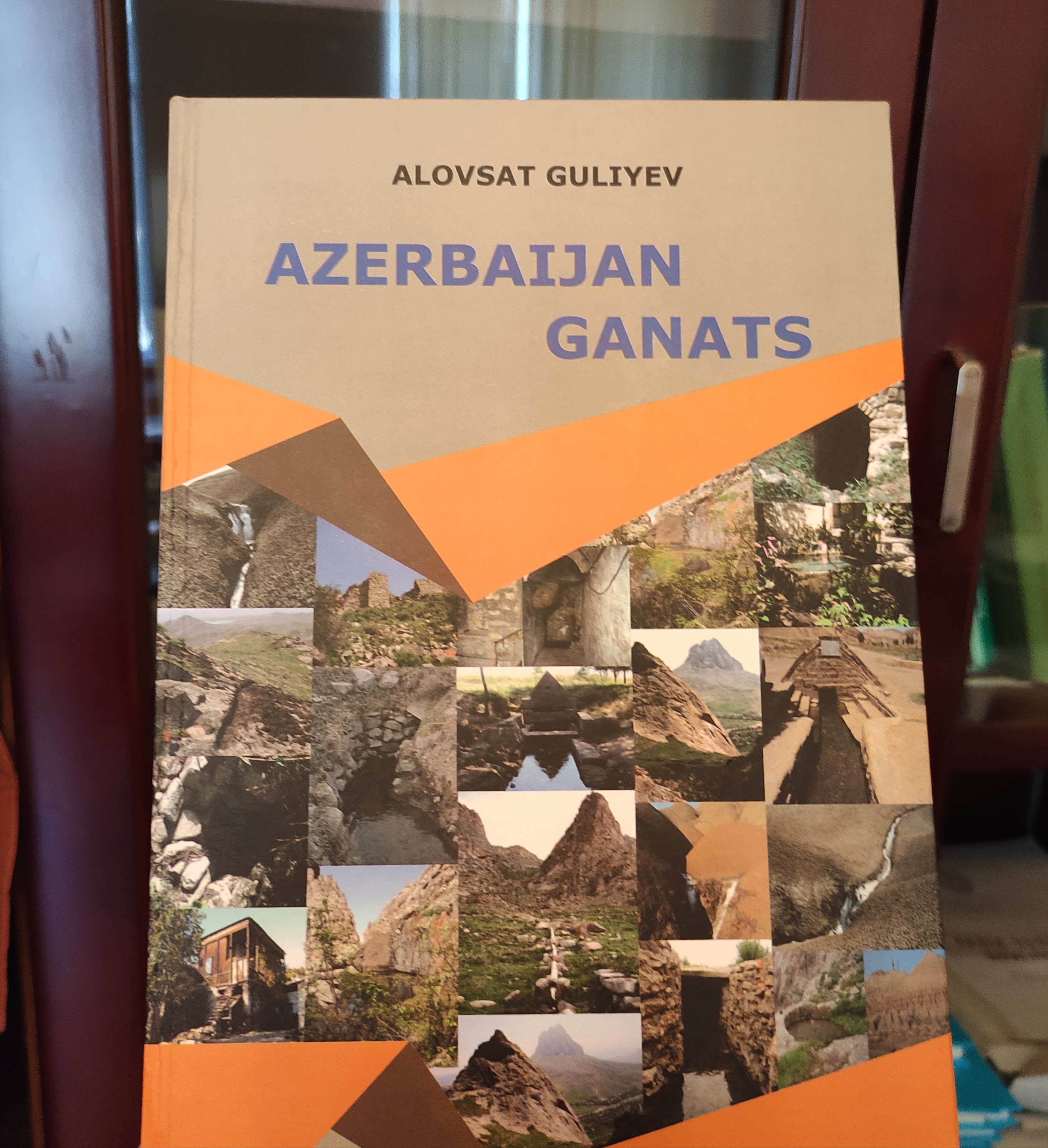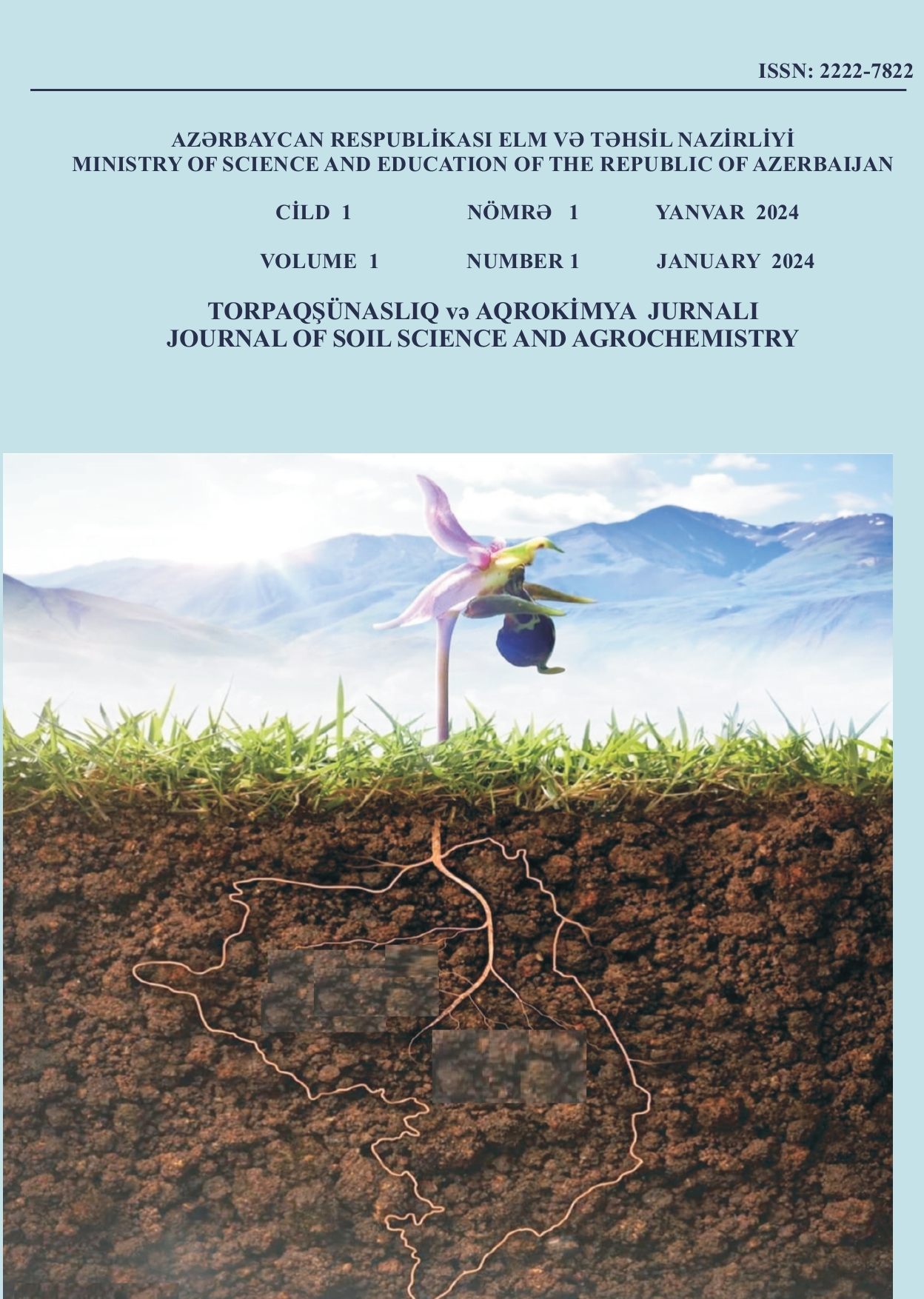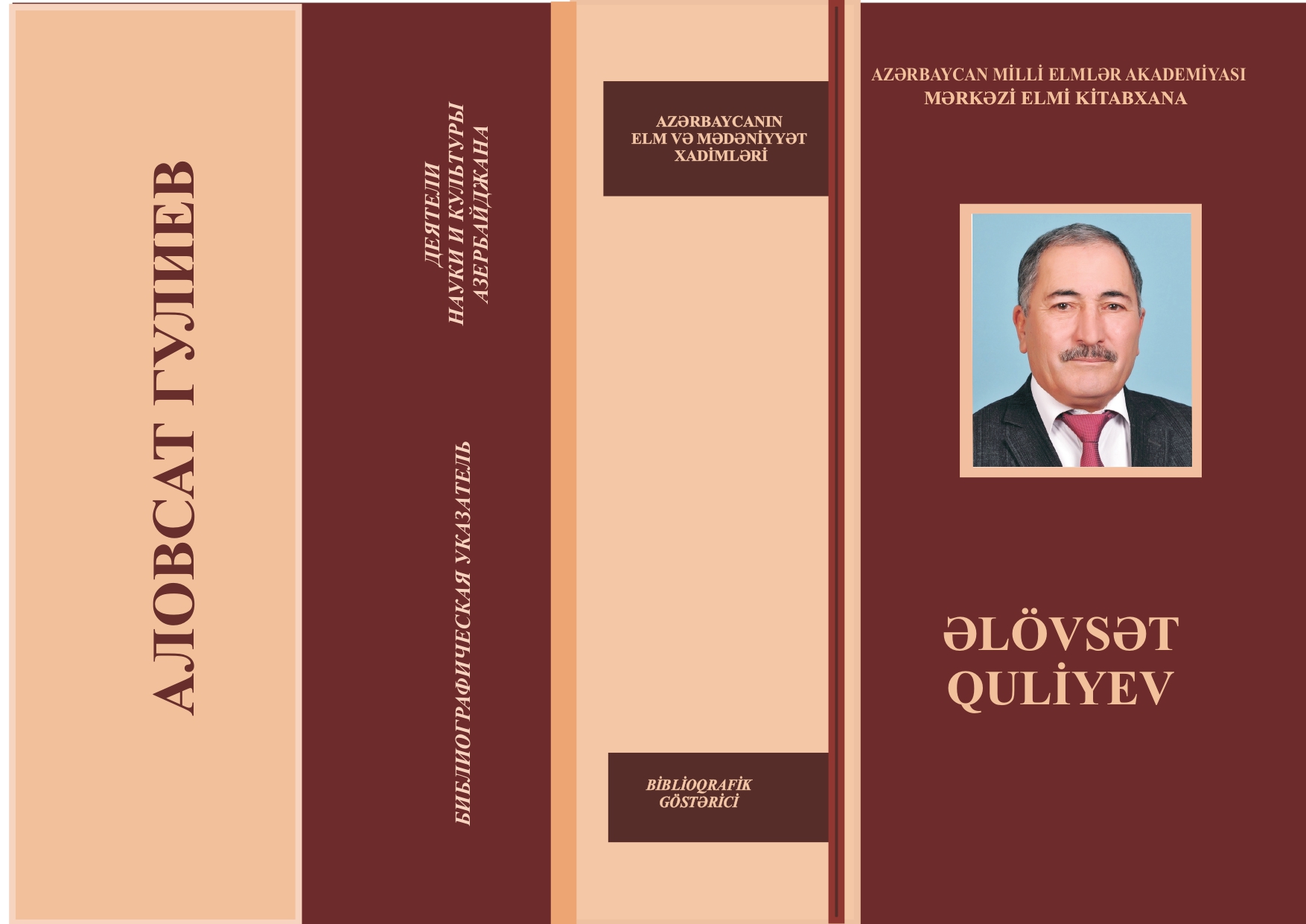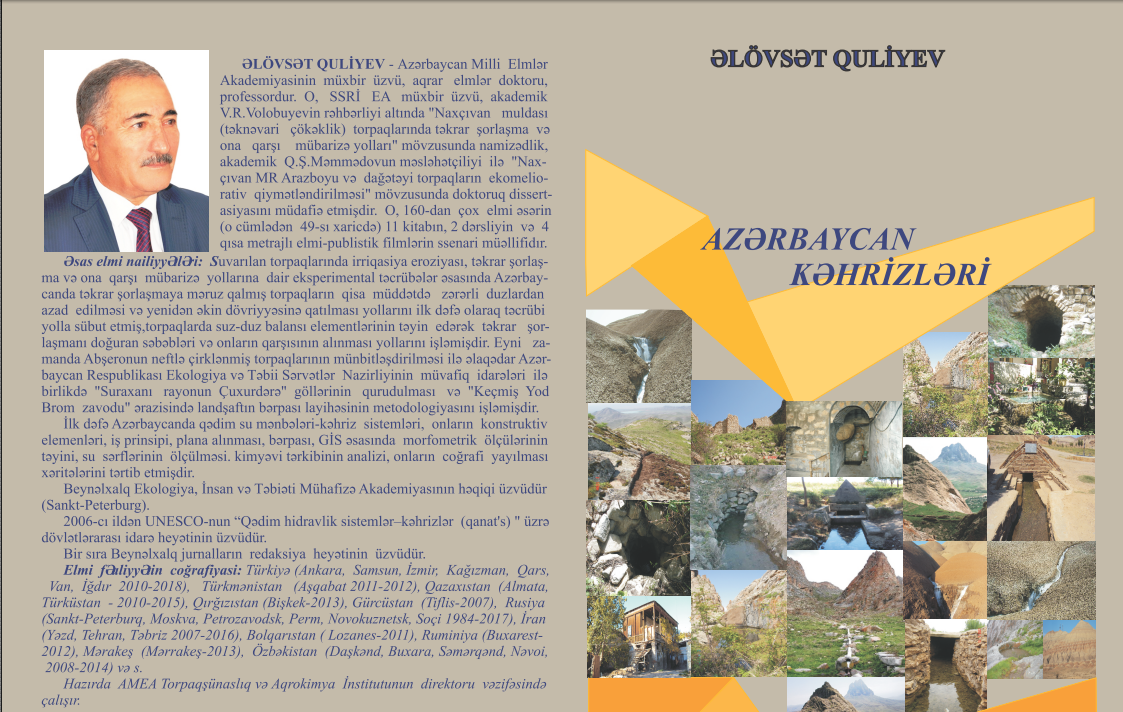Director of the Institute of Soil Science and Agrochemistry of the Ministry of Science and Education of Azerbaijan, corresponding member of ANAS, professor Alovsat Guliyev visited the "Irrigation, Reclamation and Mechanization of Agriculture" Institute in Tashkent. The meeting was attended by the management and administrative staff of the Institute.
Then, Alovsat Guliyev spoke in front of the scientific team and answered various questions of the employees, Soil salinization in Uzbekistan and Azerbaijan, water efficient use of water sources, prevention of water loss, revival of old-fashioned Kahriz and other problems in this direction were touched upon and joint opinions were exchanged.
Then, Alovsat Guliyev spoke in front of the scientific team and answered various questions of the employees, Soil salinization in Uzbekistan and Azerbaijan, water efficient use of water sources, prevention of water loss, revival of old-looking Kahriz and other problems in this direction were touched upon and joint opinions were exchanged. They retain their importance as the most reliable source of water in arid climate zones.
Alovsat Guliyev noted that, I am currently working in Azerbaijan and Central Asia as a member of UNESCO's interstate board of directors on ancient hydraulic systems - kahriz. By listing all these, I want to say that, I am familiar with water problems in Turkic-speaking countries. After the conferences I participated in and the research conducted, I came to the conclusion that these problems can be solved with the joint efforts of Turkic-speaking countries. The professor noted that, it was confirmed there are 200 Kahriz in Turkmenistan, 235 in Kazakhstan, and 365 in Uzbekistan. Unfortunately, many of them are about to collapse today.
Alovsat Guliyev said: "If the climate change worsens, the initial consequences of the drought will be observed first in Nakhchivan, in Central Asia - around Lake Apal.
In my opinion, first of all, to efficiently use water resources "The question of assessing the current state of water sources (underground and surface water), rivers, will come up."

